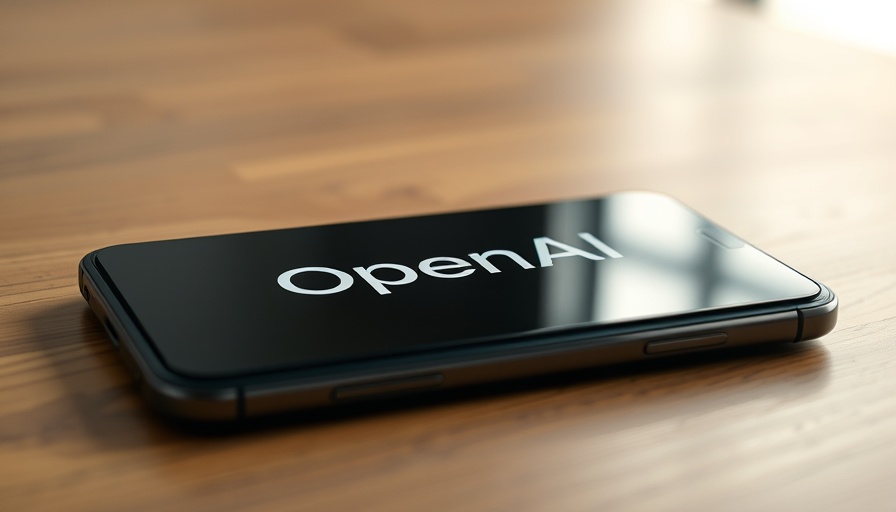
Investors at the Crucial Crossroad
Amid a rising wave of litigation over copyright infringement allegations, industry leaders OpenAI and Anthropic are contemplating a novel strategy: utilizing investor funds to settle potential multibillion-dollar lawsuits. This decision arises due to increasing pressures from copyright owners who claim that their works have been used without permission to train artificial intelligence models. Both companies are exploring this route as traditional insurance options prove inadequate for managing the financial risks associated with these legal battles.
The State of AI Copyright Litigation
The legal landscape surrounding AI is evolving rapidly. Companies like OpenAI are facing lawsuits alongside major technology players such as Microsoft and Meta Platforms. These accusations stem from claims that copyrighted materials have been misappropriated for the development of AI technologies. The implications of these cases are significant, potentially reshaping how AI models are trained and what constitutes fair use regarding copyrighted content.
Insurance Coverage and Self-Insurance Models
In an attempt to manage risks, OpenAI has recently partnered with the insurance broker Aon, securing coverage of up to $300 million specifically for emerging AI-related risks. However, conflicting reports suggest that the actual coverage amount may be substantially lower than expected, far from what is necessary to protect against the potential liabilities posed by a series of high-stakes legal claims. This situation raised discussions within OpenAI about 'self-insuring' through the establishment of a captive insurance vehicle, indicating a shift towards internal risk management solutions.
Anthropic's Legal Obligations
Anthropic finds itself in a precarious situation as well. Recently, a federal judge in California approved a $1.5 billion settlement in class-action litigation involving copyright infringement related to its AI systems. This settlement signifies a pivotal moment, demonstrating the seriousness of these legal issues and the financial implications for AI developers. Reports have indicated that Anthropic has deployed some of its own capital to assist in funding these settlements, showcasing the substantial financial risk inherent in the current environment.
The Future of AI and Copyright Law
As litigation mounts, the future of AI development and copyright law remains uncertain. Legal precedents set by these cases could establish new benchmarks for how AI firms operate in relation to copyrighted materials. Companies might need to adopt more stringent protocols surrounding the use of training data to mitigate future risks. Moreover, this evolving situation is likely to affect investments in AI technologies as stakeholders reassess the legal frameworks surrounding innovation and the potential liabilities that accompany them.
Concluding Thoughts on Courtroom Strategies
The strategic decision by OpenAI and Anthropic to utilize investor funds highlights the delicate balance between innovation and legal compliance in the rapidly advancing AI landscape. As they navigate these turbulent waters, the outcomes of the lawsuits and settlements could have a lasting influence on the entire technology sector, potentially establishing new standards and frameworks that accompany AI development. For enthusiasts and stakeholders in AI, this situation warrants close attention as it unfolds. What strategies will these companies ultimately decide upon, and how will these decisions shape the future of AI?
 Add Row
Add Row  Add
Add 




Write A Comment